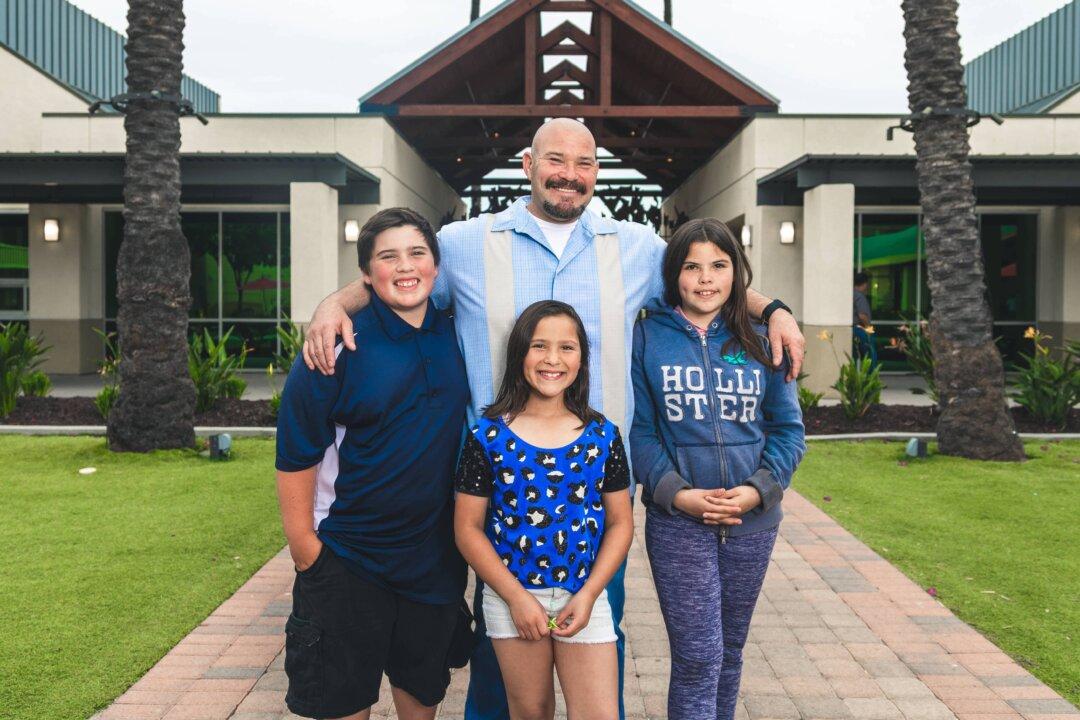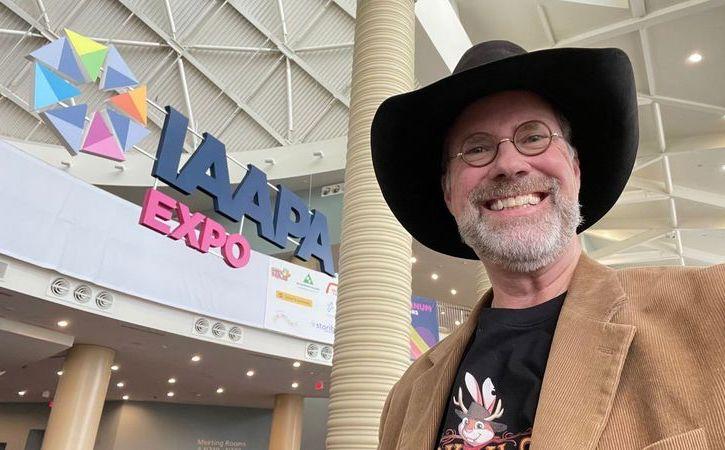SANTA ANA, Calif.—Several years ago, Chuck Pelser’s life hit rock bottom. Heavily addicted to drugs at the time, he had lost his home, and his children were scared and suffering as they witnessed him spiraling out of control. At one point, things got so bad that, despite his love for his kids, Pelser attempted to commit suicide.
The single father of three children was desperate to change his life and the lives of his kids, so he swallowed his pride and moved in with his mother. He told himself that the unstable motel life they had been living was part of the reason things were falling apart around him.





